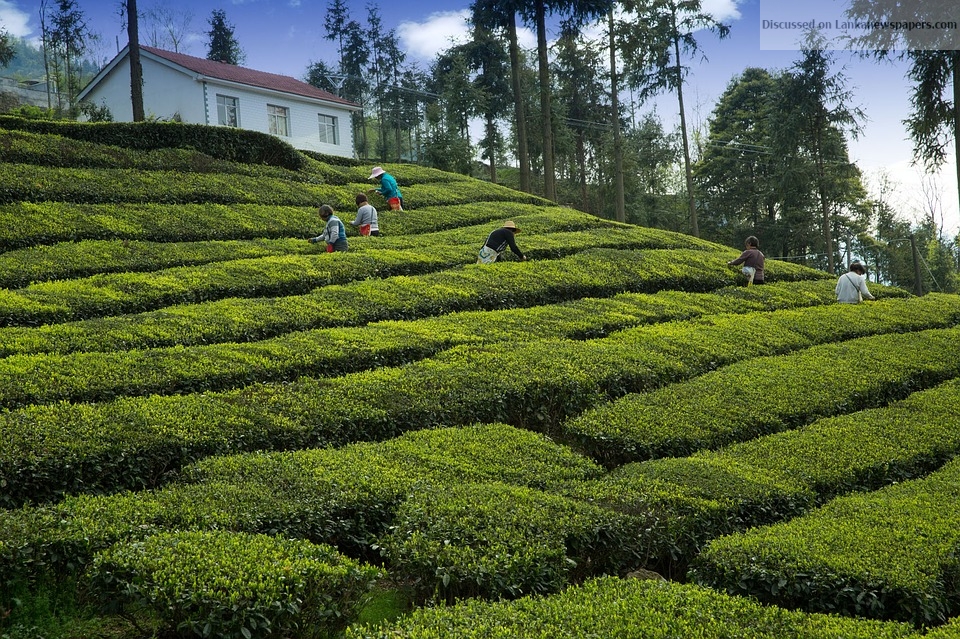

ECONOMYNEXT – Sri lanka’s earnings from merchandise exports surpassed a billion US dollars for the second consecutive month in July 2018, rising 5.7 per cent to 1,073 million US dollars from a year ago, the central bank said.
Expenditure on merchandise imports increased by 10.3 per cent to 1,754 million US dollars in July 2018 over the same period, a statement said.
The trade gap in July 2018 rose to 681 million dollars from 576 million dollars the previous year owing to higher imports.
“On a cumulative basis, the deficit in the trade account widened considerably during the first seven months of 2018in comparison to the corresponding period of 2017,†the central bank said.
The trade balance in the January – July 2018 period rose to 6.4 billion dollars from 5.3 billion dollars the year before.
Earnings from industrial exports contributed to increased export earnings while agricultural and mineral exports recorded poor performance during the month, the statement said.
“Under industrial exports, earnings from export of petroleum products increased significantly due to higher export prices of bunker and aviation fuel despite reduction in volumes.â€
However, export earnings from textiles and garments declined marginally in July 2018.
This was due to the decline in demand from the USA and non-traditional markets such as Canada, UAE and Australia and the base effect which reflected significantly high export earnings in July 2017.
Earnings from agricultural exports reduced due to poor performance in almost all categories except vegetables and minor agricultural exports.
“While export earnings from tea declined due to the drop in both prices and volumes exported, earnings from coconut declined owing to the reduction in all kernel categories as a result of lower export volumes despite higher prices reported for these products,†the central bank said.
Import spending rose because of the increased expenditure in all major import categories, as well as the effect of the low base in 2017.
Spending on fuel imports increased significantly during the month owing to higher import prices of crude oil and refined petroleum products.
Expenditure on textiles and textile articles imports increased in July 2018 due to higher expenses on yarn and fabric imports.
“Consumer goods imports increased mainly due to higher imports of personal motor vehicles, particularly cars with less than 1,000 cylinder capacity, hybrid and electric motor cars,†the statement said.
To curb imports of small vehicles, taxes applicable on these categories were revised upward with effect from 01st August 2018 and a 100 per cent margin deposit requirement against letters of credit on non-commercial vehicle imports was imposed with effect from 19th September 2018.
Expenditure on food and beverages declined in July 2018 as a result of lower rice imports owing to the healthy harvest obtained during the Maha season.
Philippine Airlines (PAL) has named Richard Nuttall, the current CEO of SriLankan Airlines, as its…
Prime Minister Dr. Harini Amarasuriya stated that the opposition is frightened by the possibility of…
Fitch Ratings expects Sri Lanka’s state banks to continue to report weaker regulatory capital ratios…
Former President Ranil Wickremesinghe will appear before the Bribery Commission on Monday (28 April) over…
Sri Lanka Police have announced that newly arriving devotees will not be permitted to join…
Sri Lanka and the United States have agreed to continue discussions aimed at finalizing a…